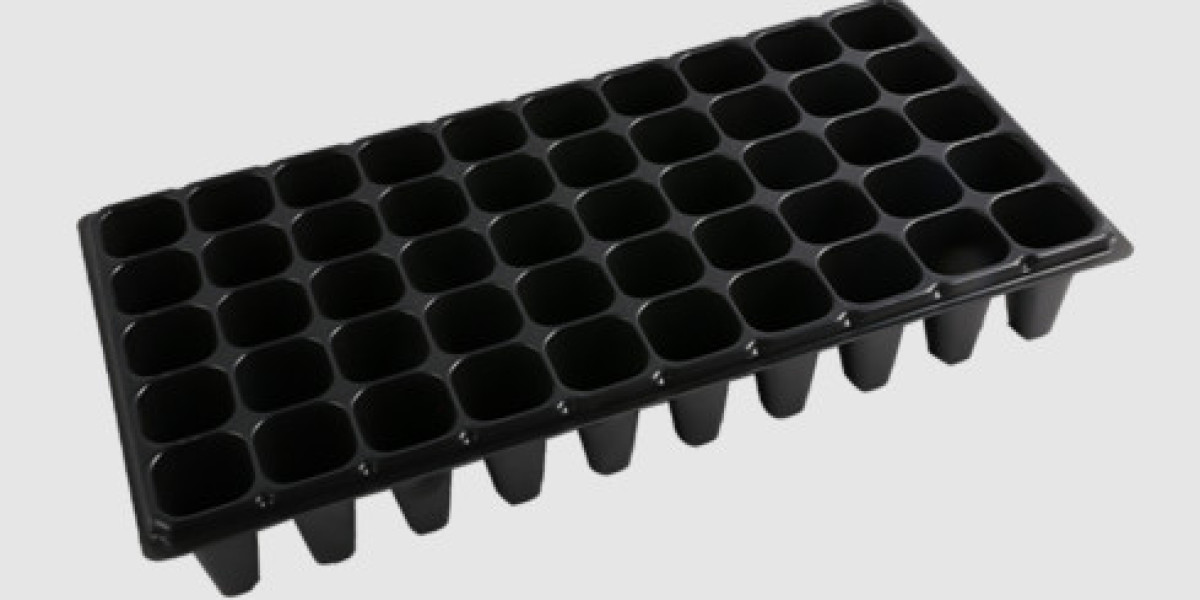Plastic seed trays have emerged as a valuable tool for sustainable plant propagation, offering numerous advantages that contribute to eco-friendly gardening and farming practices. In this article, we will explore the benefits of using plastic seed trays and their positive impact on plant growth, waste reduction, and overall environmental conservation.
.Resource Efficiency
Plastic seed trays are manufactured using recycled materials, such as high-density polyethylene (HDPE) or polypropylene (PP). By utilizing recycled plastic, these trays reduce the demand for virgin plastic production, conserving valuable resources and lowering the environmental impact associated with extracting and processing new materials.
.Extended Lifespan
Compared to traditional biodegradable seed trays or flimsy alternatives, plastic seed trays offer excellent durability and can be reused multiple times. This extended lifespan ensures that fewer trays are discarded after each use, reducing waste generation and promoting a more sustainable gardening and farming approach.
.Improved Plant Health
Plastic seed trays provide a sterile and controlled environment for seed germination and early plant growth. The trays' smooth and non-porous surface reduces the risk of disease and fungal infections, enhancing overall plant health and reducing the need for chemical treatments or interventions.
.Enhanced Water Efficiency
Plastic seed trays often feature bottom drainage holes, which facilitate proper water drainage and prevent waterlogging. This feature helps to maintain optimal soil moisture levels, reducing water wastage and minimizing the risk of overwatering, a common issue with traditional gardening methods.
.Root Development
Many plastic seed tray manufacturers are designed with individual cells, allowing for the segregation of each seedling. This isolation promotes better root development, preventing root entanglement and facilitating healthier, more robust plants. Additionally, the cells' structure makes it easier to transplant seedlings without disturbing their root systems significantly.
.Easy Transportation and Handling
Plastic seed trays are lightweight and stackable, making them easy to transport and store efficiently. Their compact design allows for the maximization of space in greenhouses or nurseries, enabling gardeners and farmers to propagate a larger number of plants without using excessive resources.
.Resistance to UV Degradation
Modern plastic seed trays are often UV-resistant, ensuring that they maintain their structural integrity and functionality even when exposed to prolonged sunlight. This feature prolongs the trays' lifespan and reduces the frequency of replacements, resulting in further waste reduction.
Conclusion
Plastic seed trays present a multitude of benefits for sustainable plant propagation and agriculture. Through plastic seed tray use of recycled materials, extended lifespan, water efficiency, improved plant health, and practical design, these trays contribute to waste reduction and a more eco-friendly gardening and farming industry. As environmental awareness grows, embracing such eco-conscious practices will become essential in ensuring the well-being of our planet. Plastic seed trays are a testament to how innovation and sustainability can go hand in hand, propelling us toward a greener and more sustainable future for generations to come.



